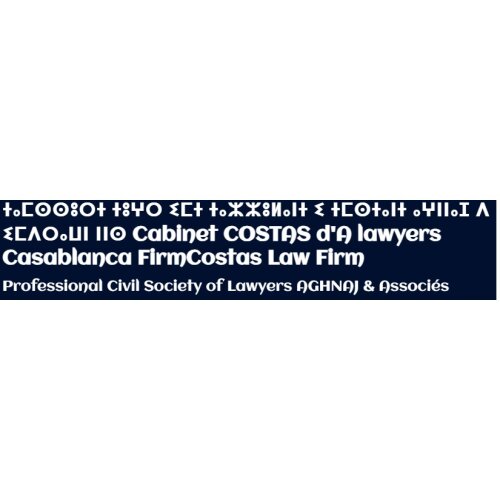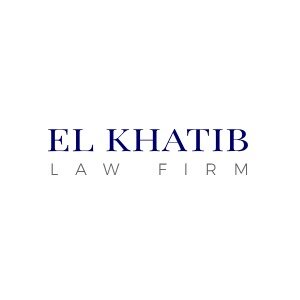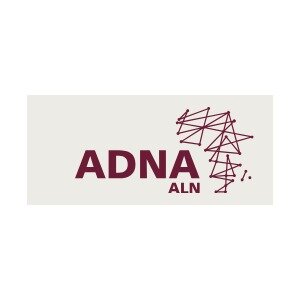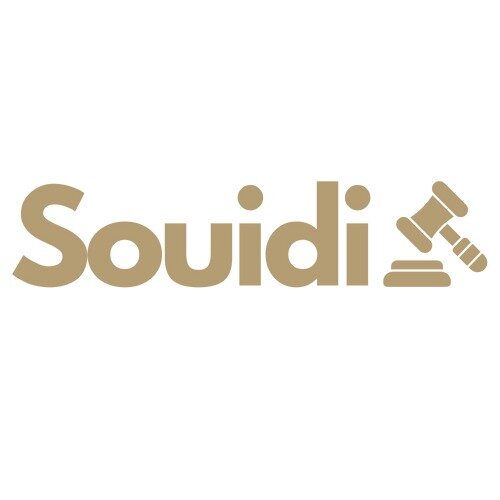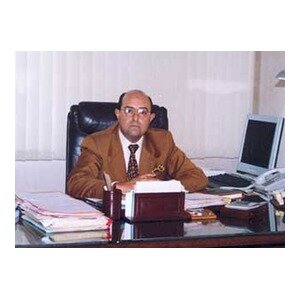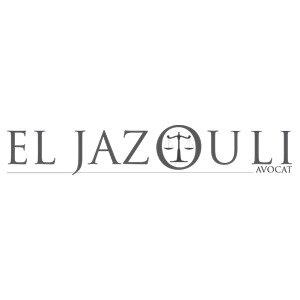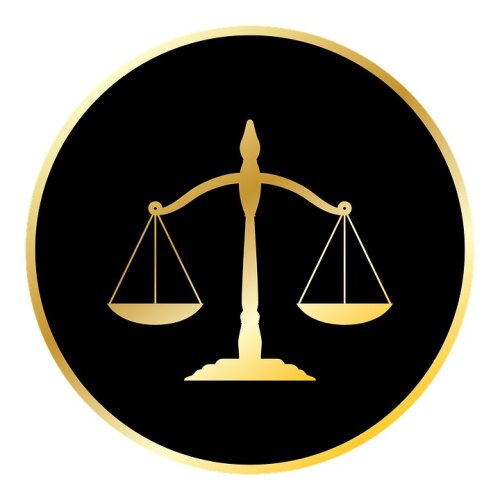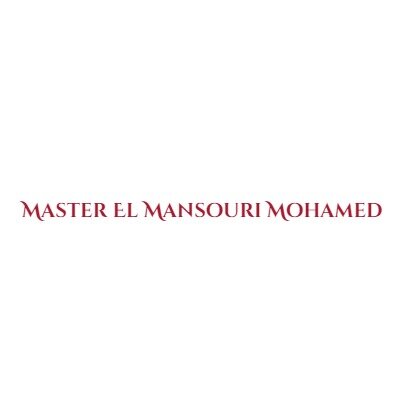Best ADR Mediation & Arbitration Lawyers in Morocco
Share your needs with us, get contacted by law firms.
Free. Takes 2 min.
Or refine your search by selecting a city:
List of the best lawyers in Morocco
About ADR Mediation & Arbitration Law in Morocco
Alternative Dispute Resolution (ADR) mechanisms, including Mediation and Arbitration, are widely recognized in Morocco as effective methods for resolving disputes outside traditional court settings. These methods are particularly favored for their ability to provide timely, confidential, and cost-effective resolutions. In Morocco, the legal framework governing ADR is well-developed, with specific provisions and guidelines aimed at facilitating efficient dispute resolution processes. The country has enacted laws and regulations that encourage the use of ADR, particularly in commercial disputes, reflecting its commitment to enhancing the business environment and judicial efficiency.
Why You May Need a Lawyer
Engaging a lawyer proficient in ADR processes can be crucial for several reasons:
- Understanding complex procedures: Lawyers can provide clarity on the legal intricacies involved in mediation and arbitration.
- Representation in proceedings: Legal representation might be necessary to effectively present your case and protect your interests during ADR processes.
- Drafting agreements: A lawyer ensures all agreements made through ADR are legally sound and enforceable.
- Navigating international arbitration: For disputes involving international parties, specialized legal knowledge is critical to handle cross-border legal issues and varying jurisdictional laws.
- Enforcement of awards: In some instances, a lawyer's assistance is vital to enforce arbitration awards through judicial systems.
Local Laws Overview
Morocco has adopted several legislative measures to support ADR, particularly:
- The arbitration law promulgated by Dahir No. 1-07-169, which outlines procedures and rules for arbitration in Morocco.
- Mediation is governed under the Code of Civil Procedure, providing a framework for voluntary resolution of disputes by parties.
- The Kingdom is a signatory to the New York Convention on the Recognition and Enforcement of Foreign Arbitral Awards, facilitating the recognition and execution of international arbitration awards.
These laws underscore Morocco's dedication to fostering a suitable environment for ADR and support its use as a reputable method for settling disputes.
Frequently Asked Questions
What is the difference between mediation and arbitration?
Mediation involves a neutral third party to facilitate negotiation between disputing parties, but the mediator does not impose a decision. Arbitration, however, involves an arbitrator who hears both parties' arguments and makes a binding decision.
Is ADR binding in Morocco?
Arbitration decisions are binding and enforceable, while mediation outcomes are binding only if both parties agree to the settlement terms.
Can ADR be used for any dispute?
ADR is most effective for commercial, financial, and personal disputes. However, certain disputes such as criminal cases are not suitable for ADR.
What are the costs associated with ADR in Morocco?
Costs for ADR, particularly arbitration, can vary depending on the complexity of the case and the arbitrator's fees. Mediation tends to be less costly compared to arbitration.
Are ADR proceedings confidential?
Yes, both mediation and arbitration are confidential processes, with most details not disclosed to the public.
How do I start an ADR process?
Initiating ADR involves agreeing with the other party to use mediation or arbitration and selecting a mutually acceptable mediator or arbitrator.
What happens if an arbitration award is not honored?
If an arbitration award is not voluntarily honored, the successful party can seek enforcement through the Moroccan courts, which recognize such awards through international conventions.
How long does an ADR process take?
The duration of ADR varies but generally is much faster than typical court litigation. Factors include case complexity and parties' willingness to reach a settlement.
Is legal representation mandatory in ADR?
While not mandatory, legal representation is recommended to ensure that the parties’ interests are adequately represented and protected.
What if one party refuses to participate in ADR?
Participation in mediation is voluntary unless agreed upon in contract clauses. In the case of arbitration, refusal might result in default proceedings depending on the circumstances of the arbitration agreement.
Additional Resources
For further assistance, consider reaching out to:
- Ministry of Justice, Morocco: Provides official guidelines and resources on ADR processes.
- Casablanca International Mediation and Arbitration Center: Offers specialized services and mediation/arbitration facilities.
- The Moroccan Bar Association: Can connect you with lawyers specializing in ADR.
- International Chamber of Commerce (ICC) Morocco: Provides resources for international arbitration.
Next Steps
If you're considering ADR in Morocco, follow these steps:
- Evaluate your dispute and determine if ADR is a suitable method.
- Consult a lawyer specializing in ADR to gain insight into your options.
- Negotiate with the opposing party to outline ADR clauses if not already specified.
- Select a qualified mediator or arbitrator if both parties agree to pursue ADR.
- Ensure all agreements are clearly documented and legally enforceable.
Taking these steps can help ensure a smooth and effective resolution to your dispute through ADR in Morocco.
Lawzana helps you find the best lawyers and law firms in Morocco through a curated and pre-screened list of qualified legal professionals. Our platform offers rankings and detailed profiles of attorneys and law firms, allowing you to compare based on practice areas, including ADR Mediation & Arbitration , experience, and client feedback.
Each profile includes a description of the firm's areas of practice, client reviews, team members and partners, year of establishment, spoken languages, office locations, contact information, social media presence, and any published articles or resources. Most firms on our platform speak English and are experienced in both local and international legal matters.
Get a quote from top-rated law firms in Morocco — quickly, securely, and without unnecessary hassle.
Disclaimer:
The information provided on this page is for general informational purposes only and does not constitute legal advice. While we strive to ensure the accuracy and relevance of the content, legal information may change over time, and interpretations of the law can vary. You should always consult with a qualified legal professional for advice specific to your situation.
We disclaim all liability for actions taken or not taken based on the content of this page. If you believe any information is incorrect or outdated, please contact us, and we will review and update it where appropriate.
Browse adr mediation & arbitration law firms by city in Morocco
Refine your search by selecting a city.



